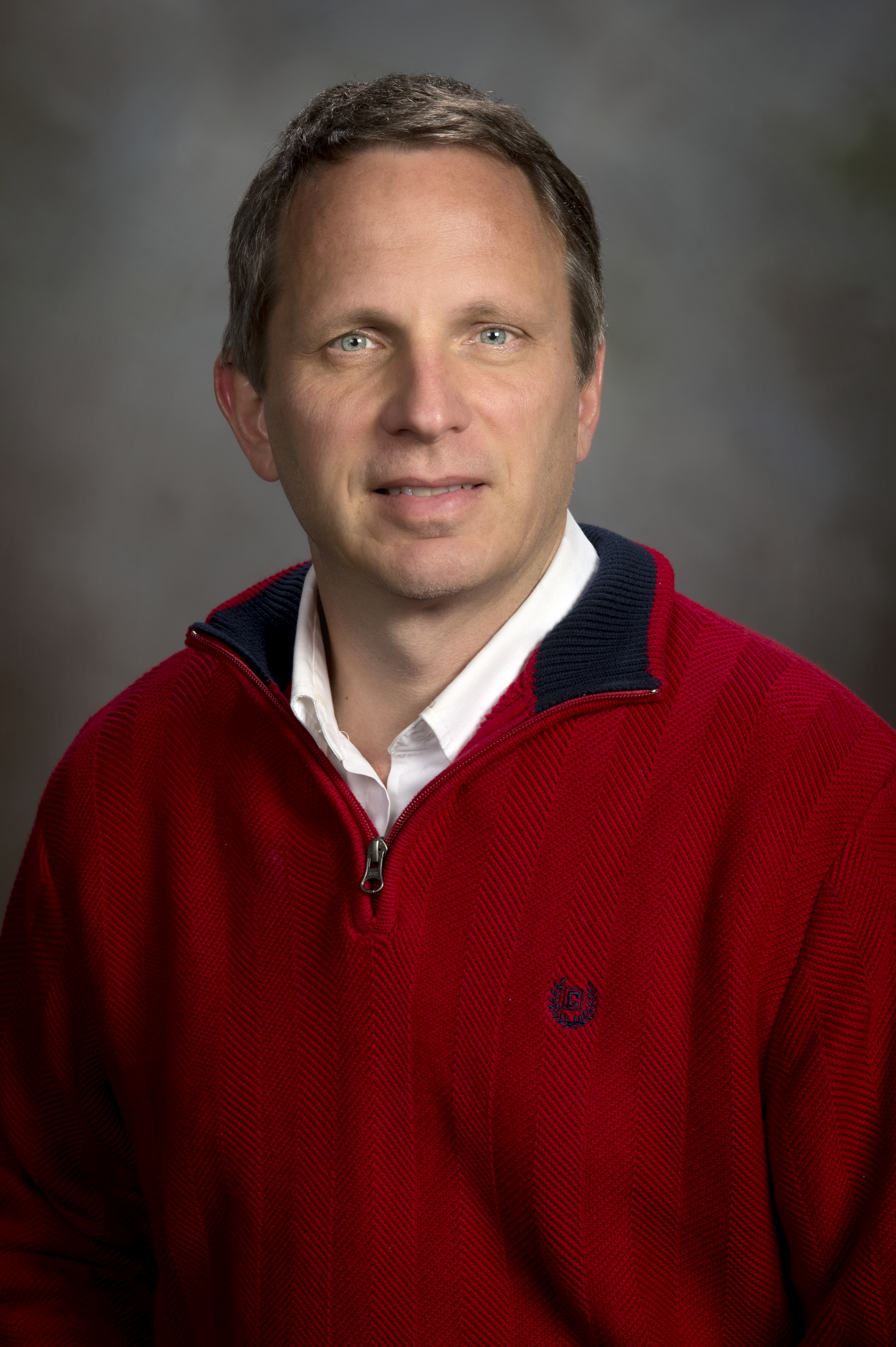Dwight D. Viehland named Jack E. Cowling Professor of Engineering

Dwight D. Viehland, professor of materials science and engineering in the College of Engineering at Virginia Tech, was recently named the Jack E. Cowling Professor of Engineering by the Virginia Tech Board of Visitors.
The Jack E. Cowling Endowed Professorship was established as part of the bequest by the late John E. “Jack” Cowling who graduated from Virginia Tech in 1939 with a chemical engineering degree. The professorship recognizes faculty excellence and recipients hold the professorship for a period of five years.
A member of the Virginia Tech community since 2001, Viehland is an experimental solid state scientist investigating phase transitions in ceramics and physical phenomena like ferroelectricity, piezoelectricity, magnetostriction, and magnetoelectricity.
Since coming to Virginia Tech, Viehland has been a pioneer in the development of magneto-electric composites. These new composites have potential for many applications for energy conversion, energy harvesting, data storage, spintronics, and sensors.
In sensor applications, the composites eliminate the need for cryogenic cooling, and increase sensitivity to magnetic fields by orders of magnitude over conventional materials. Devices based upon the composites developed by Viehland’s group are currently being investigated for important defense applications including guidance, persistent surveillance, and detection of low-frequency magnetic fields.
While graduating 16 doctoral students, he has published 449 papers and accumulated more than 15,000 citations. According to the Thomson Reuters Web of Science database, Viehland has an h-index of 54, a measure of impact that is nearly twice the average in materials science for researchers with the same number of publications.
Viehland has received the Office of Naval Research Young Investigator Award, multiple best paper awards, and Virginia Tech’s Alumni Award for Excellence in Research in 2007.
He has served as head of the Electronics Division of the American Ceramic Society, trustee to the American Ceramics Society, as an associate editor for the Journal of the American Ceramics Society, and on the Steering Committee of the Institute of Electrical and Electronics Engineers Ferroelectrics Society.
He received his bachelor’s degree and master’s degree from the University of Missouri at Rolla and a doctoral degree from Penn State University.
Dedicated to its motto, Ut Prosim (That I May Serve), Virginia Tech takes a hands-on, engaging approach to education, preparing scholars to be leaders in their fields and communities. As the commonwealth’s most comprehensive university and its leading research institution, Virginia Tech offers 240 undergraduate and graduate degree programs to more than 31,000 students and manages a research portfolio of $513 million. The university fulfills its land-grant mission of transforming knowledge to practice through technological leadership and by fueling economic growth and job creation locally, regionally, and across Virginia.




